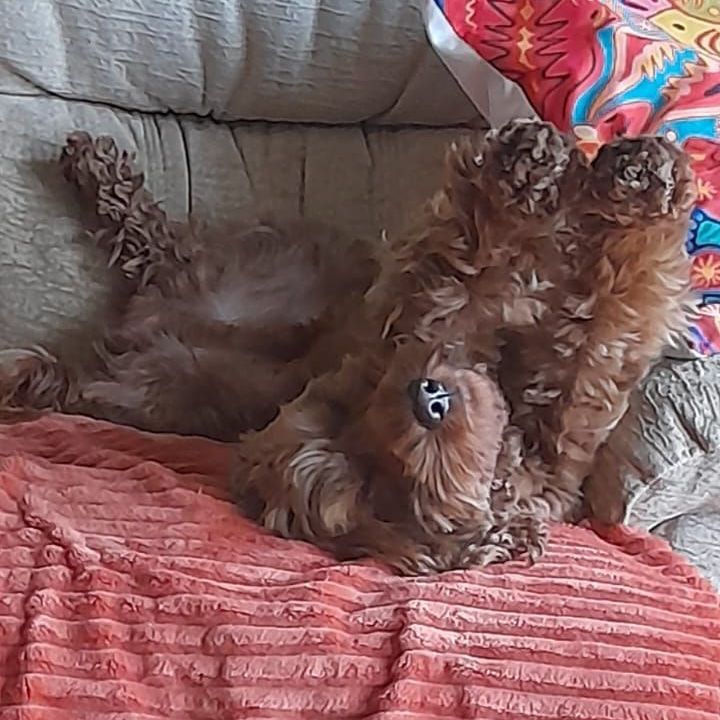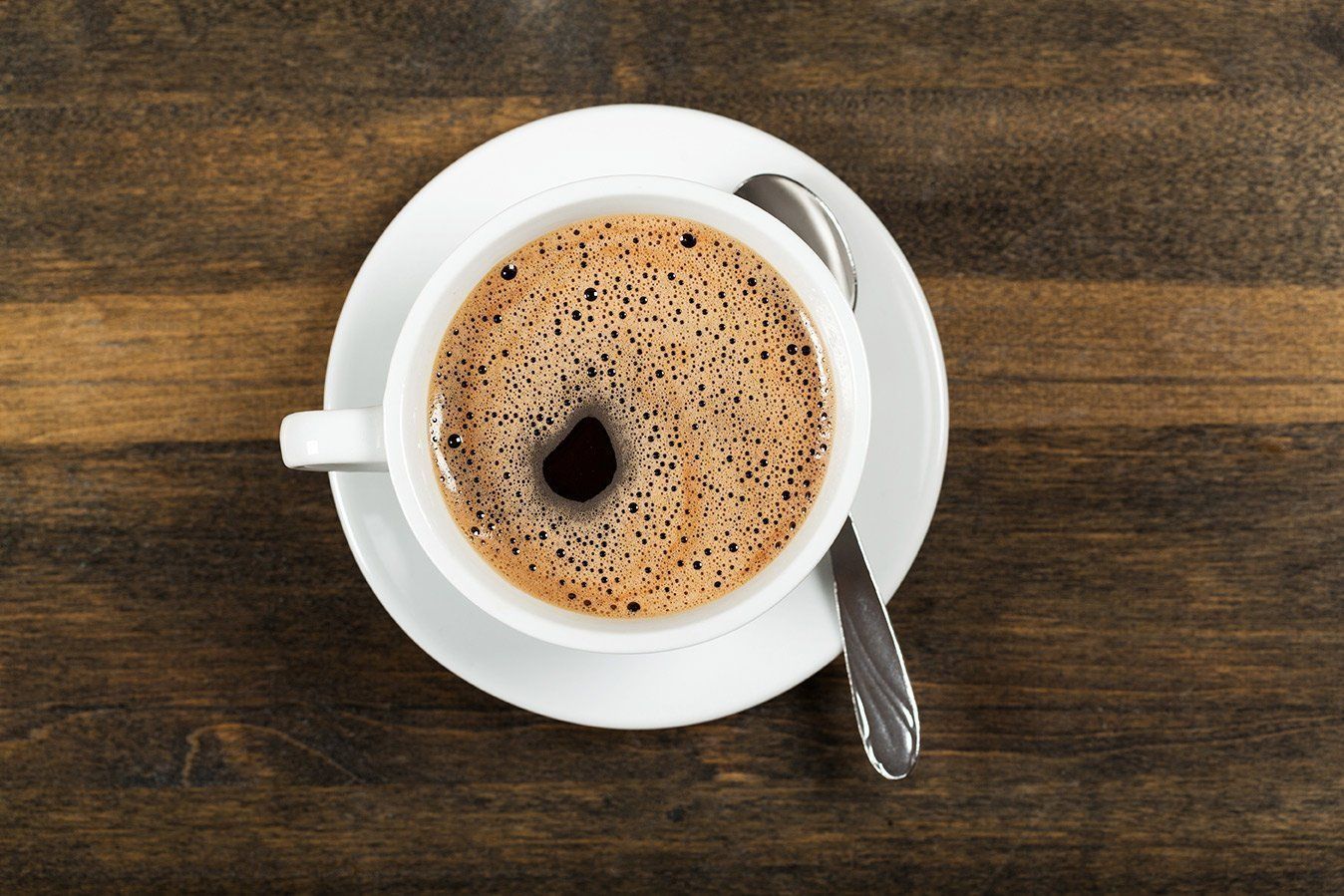Sleep is one of the most important and potentially misunderstood processes in the human body. It appears that there isn’t a body or brain system that isn’t positively impacted by better sleep.
As the sleep diplomat, Matthew Walker puts it, sleep is the single, most effective thing we can do to reset our brain and body health each day. If you’re keen to learn more from this sleep expert I highly recommend 'The Matt Walker Podcast' and his fantastic Ted talk 'Sleep is your superpower'.
Is sleep a priority for you? Over recent years we have, as a society, reduced the number of hours spent asleep. According to Dr Chatterjee's book 'The four Pillar Plan' an Oxford University study showed an average reduction in sleep of 1-2 hours over the past 60 years - which could represent a 25% reduction in sleep. We’re enticed into binge watching box sets or into scrolling through social media when we could be winding down ready for sleep.
Our body responds to the dimming of light in the evening, with a slight surge in energy levels - which is thought to have evolved eons ago - to allow us to set up camp before night fall. In our modern, electric light, electronic screen filled world, it’s quite possible to be exposed to bright stimulating light right up until the moment we expect to fall asleep. Then we wonder why we can’t drift off immediately.
Perhaps you do drop off the moment your head hits the pillow - but this could be a sign of sleep debt. A recent study mentioned in a blog by 'the sleep charity' found that, it normally takes ten to twenty minutes to fall asleep. Check out their blog
here
They also note that overly focussing on how long it's taking to fall asleep can be detrimental to our sleep and may indicate an issue with your sleep health. If you are struggling with sleep issues, please seek appropriate medical advice and remember these articles are neither advice nor instruction and are just for information and interest. Breathwork can be a useful tool to bring our attention away from 'trying' to fall asleep and onto our calming breath instead.
As you might expect, sleep is interlinked with many other aspects of our diet and lifestyle, some of which are included in my free guide to better sleep, which you can access below. Dr Matthew Walker discusses the effects of exercise on sleep in his podcast and explains how some studies are showing a link between those who exercise regularly reporting better sleep than those who don’t. He suggests that even 15 minutes of walking may be enough to make a difference to our sleep. He also notes that the extra sleep time is usually gained without any extra time spent in bed i.e., the sleep efficiency improves. Have you noticed whether regular exercise has an impact on your sleep? I notice that I sleep better when I feel physically tired at the end of the day, especially if I've had a long walk or spent an afternoon gardening. If getting more movement is something you're keen to improve on, why not contact me to book into a regular weekly Pilates class at Hook Community Centre and check out the details
here.
If you're interested in joining a Pilates class, claim your first class for FREE when you sign-up to my Newsletters, or for more tips on how to improve sleep, sign-up to my Email Newsletters and receive your FREE guide 'Simple ways to get better sleep' or check out my upcoming Breathwork workshops. All the links can be found below. Please note that this article is for information and interest only and does not replace medical advice. No liability accepted and please do seek appropriate advice if sleep is a particular issue for you.

